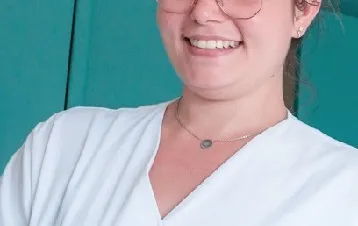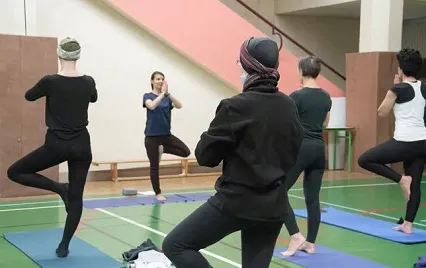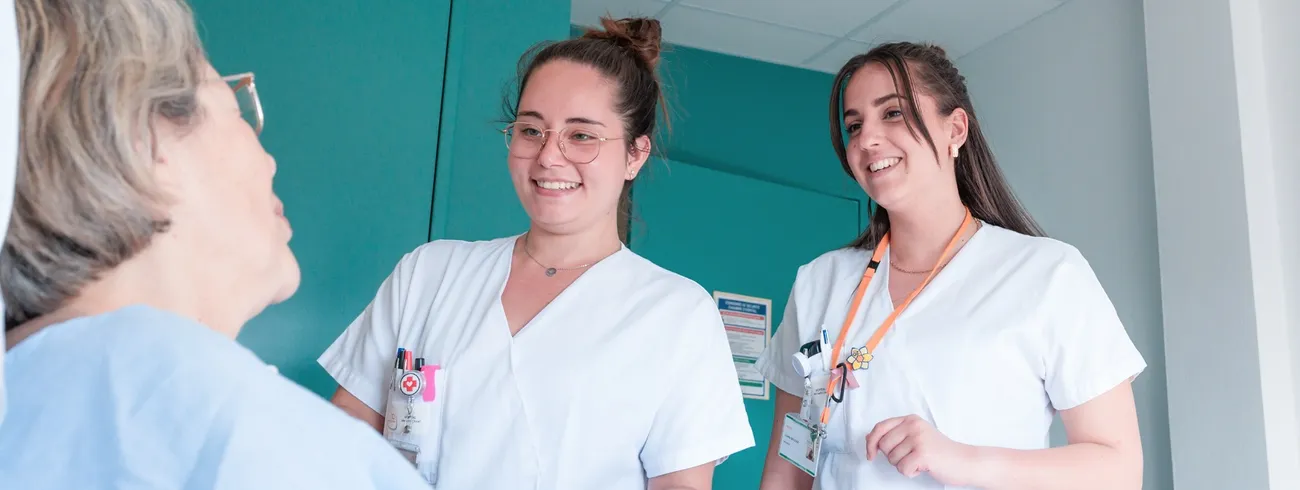- Home >
- Patients and Care >
- Support >
- Supportive care
Supportive care

Supportive care refers to all the care and support that can be offered to a person with cancer, in association with anti-tumor treatments, to offer them the best possible quality of life.
Psychological and social support, pain management, rehabilitation, nutrition... Institut Curie offers different types of supportive care integrated into the overall journey of the patient and their loved ones.
Improving quality of life through supportive care
The essential objective of supportive care is to improve the quality of life of patients, by providing responses to the needs they express in particular in the following areas: nutrition, symptoms including pain, stress management, social assistance, psychological support, promotion of physical activity and dietary hygiene, etc. They aim to optimize the relief of symptoms, psycho-social support and accompaniment, but also to promote well-being and preventive measures to promote better health.
Supportive care also aims to encourage the active participation of patients in their care plan, in the medical decision-making process and in the management of daily treatments. They concern all patients with cancer, localized or metastatic, who receive treatments with curative intent or in a chronic disease situation.
Institut Curie brings together within its Interdisciplinary Department of Supportive Care for Oncology (DISSPO) supportive care professionals from different specialties: dietician, physiotherapist, psychologist, social worker, palliative care doctor and nurse, etc. They have a multidisciplinary approach: their complementary expertise allows comprehensive care for the sick person and their loved ones. When the situation requires it, the support care teams work together during multi-professional meetings in order to coordinate care, in close collaboration with the institute's other services, treating doctors and community caregivers.
Download supportive care leaflet (in french)
Different kinds of supportive care
Prevent and support through a healthy lifestyle

Dietetics and nutrition

Adapted physical activity
Inform, to better cope with cancer
Institut Curie strives to facilitate access to information for patients throughout the care pathway to better understand the disease and its impact on daily life, in particular through:
- information areas for patients and their loved ones
- web conferences
- therapeutic education


